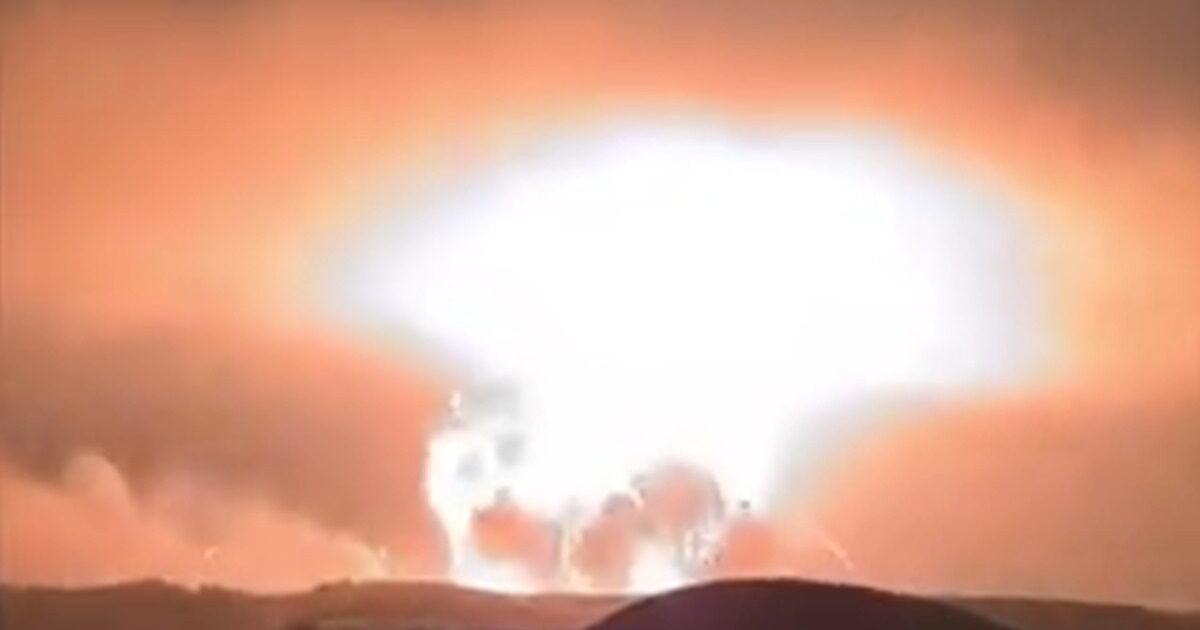The Security Council of UN It will meet on Tuesday afternoon (24.06.2025), for the latest scheduled entry on the implementation of resolution 2231 (2015), which approved the public integrated action plan (JCPOA) for its nuclear program Iran.
According to sources by the UN, “the meeting is taking place at a particularly critical juncture, after unprecedented military operations between Israel, Iran and the United States, which threaten to blow up a multi -year diplomatic effort in the air.”
The Deputy Secretary General for Political and Public Affairs, Rosemary Dikarlo, will inform the latest report by Secretary General Antonio Guterres on the implementation of resolution 2231, which was distributed to the members of the Council on June 19 (S/2025/397).
Slovenia’s permanent representative, Ambassador Samuel Zbogkar, under his capacity as a Council coordinator for the implementation of resolution 2231, will present a report on the Council’s work.
The Head of EU Delegation to the United Nations, Ambassador Stavros Lambrinidiswill inform the work of the Joint JCPOA committee, currently involved in China, France, Germany, Iran, Russia, the United Kingdom and the EU. The United States, although initially involved, left the agreement.
The Tuesday meeting is the latest compulsory briefing prior to the expiry of the resolution 2231 on October 18, 2025, as noted in the Secretary General’s report, “the objectives of the resolution 2231 have not yet been fully achieved”.
From the issue of the report onwards, the situation has worsened after Israel’s attack on June 13 at Iran’s nuclear and ballistic facilities, as well as government targets. Iran responded with ballistic missiles and drone attacks against Israeli cities and strategic infrastructure.
The dead in Israel and Iran by the rocket attacks on either side
According to United Nations based on state -based reports, by June 21, Israeli attacks had caused at least 400 dead and more than 3,000 injured in Iran, while Iranian retaliation had cost the lives of 24 Israelis and injured more than 1,200.
The crisis escalated on June 21, when the United States launched an attack on critical nuclear facilities in Iran. The US targets included the facilities of Fordo, Natanz and Isfahan, which had been hit by Israel.
Following US attacks, Iran launched rockets against US military installations in Iraq and Qatar, who were intercepted, without being victims.
The International Atomic Energy Organization (IAEA), which monitors Iran’s nuclear program, confirmed that the facilities were affected, but noting that cannot yet appreciate the full size of the damage to Fordo “Due to its underground positioning and the nature of the perforative bombs used.”
The IAEA also confirmed that levels of radioactivity outside the facilities remain within normal limits, while the fate of Iran’s highly enriched uranium reserve remains unclear.
The “dangerous turning point” and “camps”
At an extraordinary meeting of the Security Council on June 22, Secretary -General Antonio Guterres described the US company as a “dangerous turning point”condemning “every military escalation in the Middle East”. He warned that the area is in danger of entering “a circle of retaliation extremely difficult” and called on immediate cessation of hostilities and returning to negotiations for a “reliable, overall and verifiable” solution.
Members of the Security Council are expected to repeat their well -known positions. France, Germany and the United Kingdom (E3) will probably emphasize that “Iran should never acquire nuclear weapons” and refer to the recent IAAA reports and the Board of Directors’ decision to violate Iran’s non -dissemination obligations. They may repeat their readiness to activate the “Snapback” mechanism to reset UN sanctions.
On the contrary, Russia, China, Algeria and Pakistan are expected to condemn Israeli and American attacks as violations of international law and dangerous escalations.
With the end of resolution 2231 approaching sources from the UN warn that “the danger is no longer only an uncontrolled military conflict, but also the complete collapse of the non -spreading regime in the Iranian issue”.
